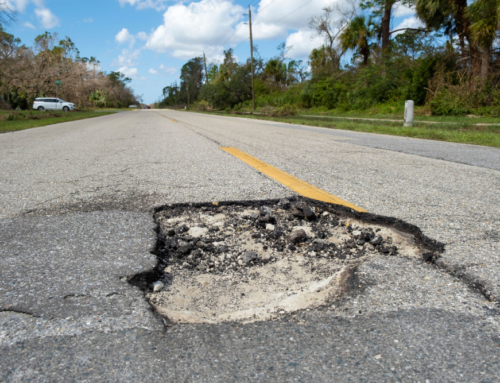A police report is an essential document created by law enforcement officers following an accident or incident. It serves multiple purposes, primarily documenting the facts as observed and noted by the responding officers at the scene. This includes details such as the date, time, location, involved parties, and event description. In the context of personal injury claims, police reports are invaluable as they provide an initial, unbiased incident record. This impartial documentation is crucial as it helps establish the fundamental facts of the case, which are critical in legal settings. Understanding the impact and the proper use of a police report can significantly affect the outcome of a personal injury claim, guiding the direction of legal strategies and influencing decisions related to liability and compensation.
How Police Reports Help Establish Key Facts
Police reports are crucial in establishing the factual groundwork of personal injury cases. These reports typically include vital details such as the date, time, and exact location of the incident, alongside descriptions of what occurred and who was involved. This data is critical as it provides an objective baseline from which the circumstances of the accident can be analyzed. Furthermore, these reports often contain the responding officer’s observations and may include statements from witnesses, adding credibility and detail to the documented facts. For anyone involved in a personal injury claim, the information within a police report can significantly bolster their case by clearly establishing the sequence of events and helping to pinpoint liability. This foundational information is essential for lawyers and insurance companies as they navigate the complexities of legal claims and seek to resolve them accurately and fairly.
Credibility and Official Documentation
The formal nature of police reports significantly enhances the credibility of claims in legal proceedings. These documents are generated by law enforcement officers who are trained to objectively assess and record the details of incidents, lending a level of official endorsement to the information contained within. Courts and insurance companies often regard police reports as highly reliable sources of factual data due to their standardized format and the authoritative status of the officers. Consequently, these reports are frequently used to determine liability, influence judicial outcomes, and guide the settlement processes in personal injury claims. The reliance on such official documentation underscores its weight in legal contexts, where the integrity and accuracy of data are paramount.
Challenges and Limitations of Police Reports
While police reports are foundational to personal injury claims, they can sometimes contain inaccuracies or omissions that might skew the understanding of an incident. This can occur for various reasons, such as the officer’s limited perspective at the scene or incorrect information provided by witnesses or involved parties. Recognizing these limitations is crucial for anyone relying on these reports to support their legal claims.
It is advisable to supplement police reports with additional evidence to address potential inaccuracies and strengthen the case:
- Photographic and Video Evidence: Personal photos and videos from the scene can provide more detail or different angles than those captured in the police report.
- Witness Statements: Additional statements from witnesses can corroborate or contest the accounts recorded by the police, offering a broader perspective on the event.
- Expert Testimony: Experts in fields relevant to the case, such as accident reconstruction or medical professionals, can provide insights that might not be apparent from the police report alone.
- Private Investigator Reports: Hiring a private investigator can help uncover facts and details that were not initially reported or noticed.
These strategies ensure a comprehensive approach to building a personal injury claim, making it possible to navigate and rectify any limitations inherent in the initial police reports.
Using Police Reports to Strengthen Your Case
Lawyers strategically utilize police reports to bolster personal injury claims, particularly in arguing liability and calculating damages. These reports provide a reliable, authoritative basis for establishing who is at fault in an accident, a critical element in legal arguments for personal injury cases. For instance, if a police report clearly indicates that one party violated traffic laws, this can be used as definitive proof of negligence in court.
Consider a hypothetical scenario where a police report notes that Driver A ran a red light, leading to a collision with Driver B. In such a case, the report establishes the sequence of events and directly implicates Driver A in the fault. Lawyers can leverage this information to argue for compensation for Driver B, covering medical bills, lost wages, and other related damages. Such a case demonstrates how a well-documented police report can be instrumental in proving liability and ensuring the injured party receives adequate compensation for their losses. This strategic use of police reports can profoundly impact the outcome of personal injury claims, highlighting their significance in legal proceedings.
Conclusion
Police reports are vital in personal injury claims, as they provide an official, unbiased incident record. These reports are crucial for establishing the facts, determining liability, and arguing for appropriate compensation. Given their importance, it is essential to obtain a police report promptly after an accident. This report supports your claim and ensures all details are accurately represented.
If you’ve been involved in an accident, consult a personal injury attorney who understands the significance of these reports in building a strong case. At Payas, Payas, and Payas, we leverage all available evidence, including police reports, to advocate effectively for our clients. Need help navigating the complexities of personal injury claims. Contact us for expert legal guidance and ensure your rights and interests are fully protected.








